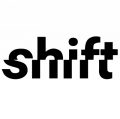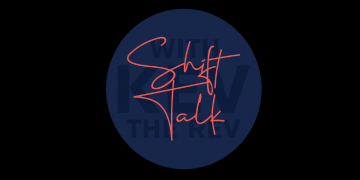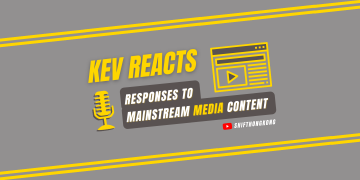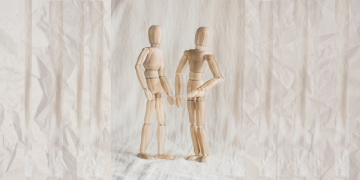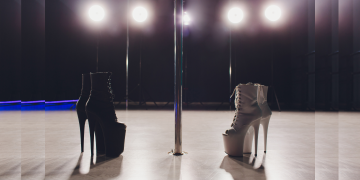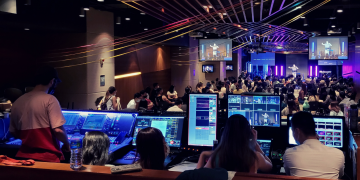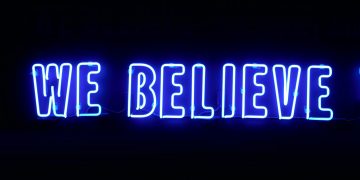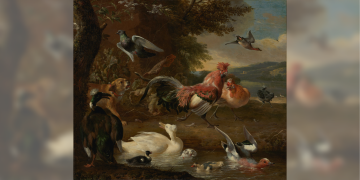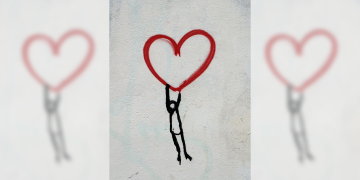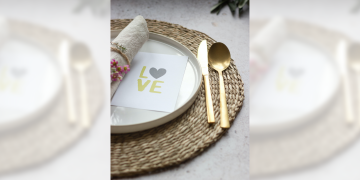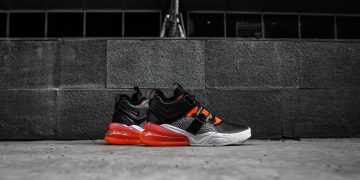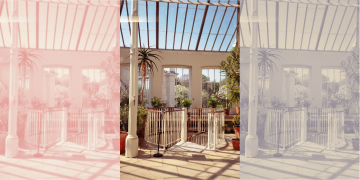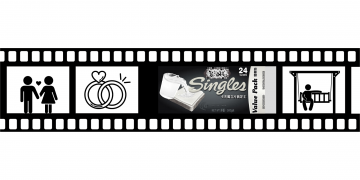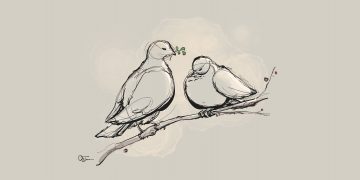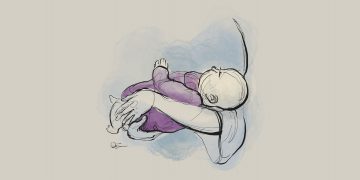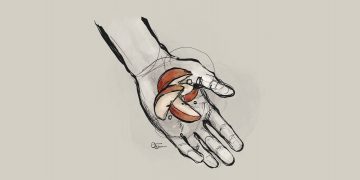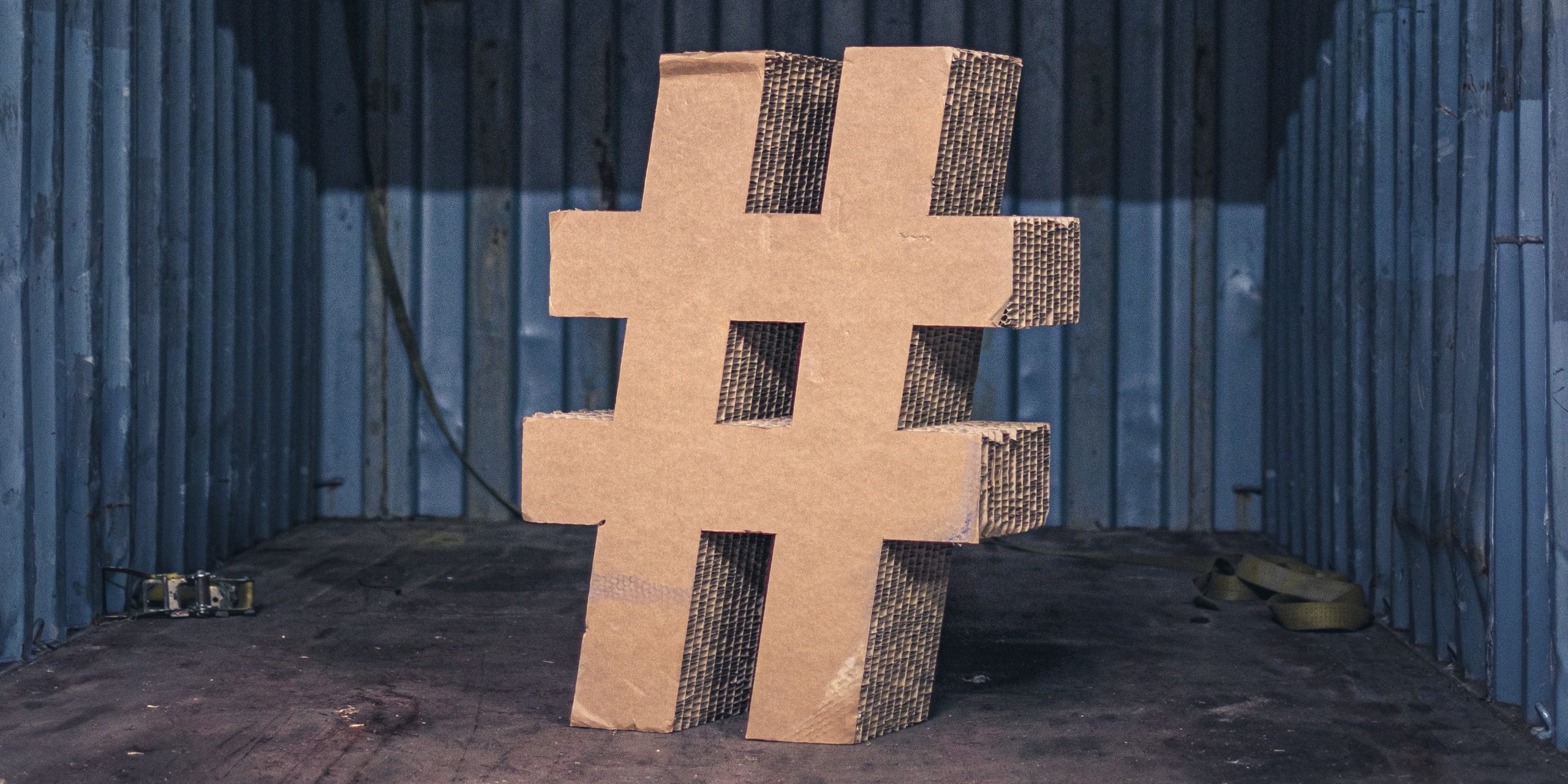When I was a kid, I was totally enamored with football. My childhood friends and I all got into it together, diving headfirst into the game and all the football gear mania that came with it. If you asked me around 2010 about football boots, not only would I have been able to name all of them from the three major brands, I would be able to name you the different takedown models with their features and the star players that endorsed them. I had a consuming enthusiasm for knowing what was happening in the shoe market. Talking about boot colorways became as big a thing as talking about the week’s games with friends.
At some point, I began to realize how much football lived in my head rent-free. While you could argue that there was nothing wrong with this pursuit, I can now look back also and see that all this knowledge and enthusiasm served nothing else than just the joy of the moment.
I’m not here to condemn the child version of me for enjoying a pastime, but I think it paints a bigger picture of how we need to watch how we consume and what we consume.
Christ paints us a picture of this in Luke:
Sell your possessions, and give to the needy. Provide yourselves with moneybags that do not grow old, with a treasure in the heavens that does not fail, where no thief approaches and no moth destroys. For where your treasure is, there will your heart be also. (Luke 12.33-34)
I will clarify this isn’t a challenge to sell everything and have nothing- that’s something that’s between you and God. The last sentence of that passage, however, reveals the heart behind why Jesus proposed a radical giving away of everything. What we accumulate tends to become our treasure. And where our treasure is, there our hearts are as well.
The last sentence of that passage, however, reveals the heart behind why Jesus proposed a radical giving away of everything. What we accumulate tends to become our treasure. And where our treasure is, there our hearts are as well.
A Rule of Thumb: Questions We Can Ask Ourselves
I am the last person who should be sharing on this from a high horse. Just last week, with the last $200 of the budget I set myself for all purchases over my workweek, I bought a computer docking station on the walk back from Thursday lunch for $160 of that $200. In God’s sense of humor, it didn’t work on my work computer but worked perfectly fine on my colleague’s Mac. She bought it off of me and God gave me a fresh start and $150 back.
The question is, how could I have stopped myself from spending my budget in the first place?
I like to ask myself a few questions before buying the next thing.
1. How Will This Fit Into My Life Right Now?
2. What Will This Cost Me Beyond Money?
3. What Will This Lead Me Into?
How Will This Fit Into My Life Right Now?
A great starting question is just a practical one. Where will a purchase fit into our overflowing closets, our hefty weekly wardrobes, our cramped kitchen countertops, our already-heavy bags and our already-full lives?
There is no one-size-fits-all answer here, but I think it’s a genuinely good question to think about. This helps to question the necessity of a potential buy and what it means to accomplish. I don’t think there is a need to worry about buying an extra pair of socks because you have a few that are getting a bit holey, but I constantly have to catch myself with clothes I come across, gizmos that elicit excitement, and even at times, that expensive coffee just because.
We can even begin to ask the deeper questions of what gaps these acquisitions are meant to fill in our lives. Sometimes it’s going to be _____________, but at other times it looks like a really nice shirt in a color I don’t have yet. Sometimes it’s out of necessity but other times it’s to fill a space and elicit a feeling that I can better find elsewhere.
We can even begin to ask the deeper questions of what gaps these acquisitions are meant to fill in our lives … Sometimes it’s out of necessity but other times it’s to fill a space and elicit a feeling that I can better find elsewhere.
In Part 2, I will continue with the second question “What Will This Cost Me Beyond Money?” and the third question “What Will This Lead Me Into?”.
